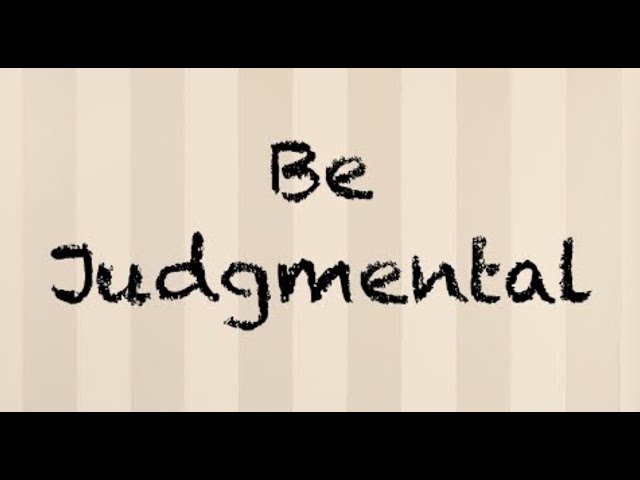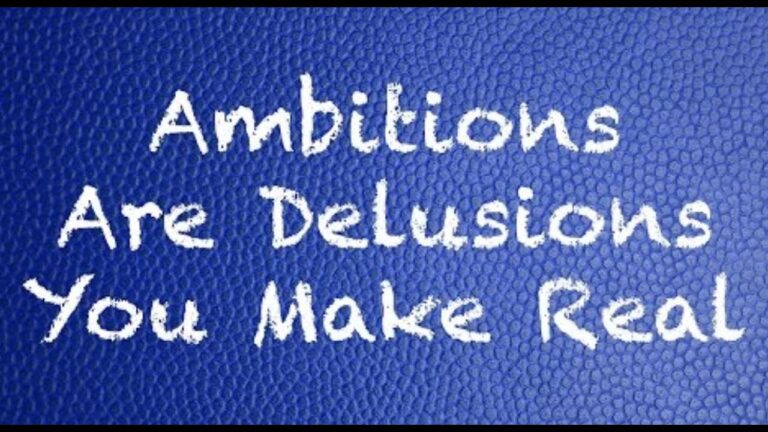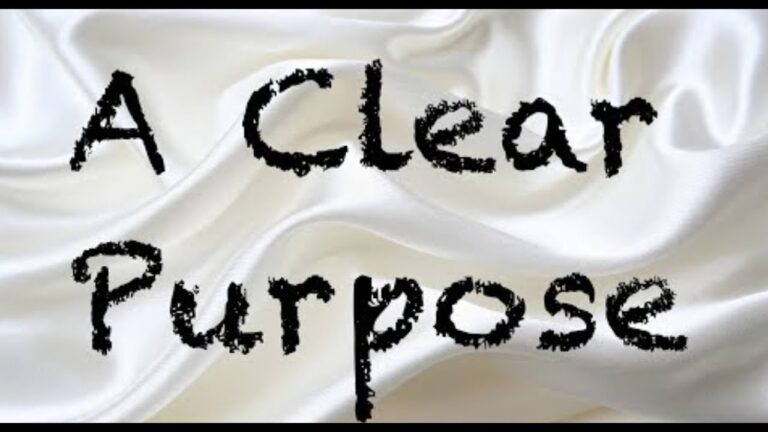Be Judgmental

The Importance of Making Moral Judgments
The Fallacy of Non-Judgmentalism
Non-judgmentalism is often used as an excuse by individuals who are aware that they are engaging in morally wrong behavior. However, we should not be deceived by this notion. It is essential to judge, but with fairness, impartiality, and humility. We must acknowledge that we ourselves are capable of committing the same sins we condemn in others.
Main Ideas
- 👥 Embrace judgment, especially regarding moral issues, to maintain standards of behavior and ethics.
- 📏 Judgment should be fair, impartial, and tempered with humility, recognizing the potential for one’s own fallibility.
- 💔 The distinction between good and evil isn’t binary; it resides within every individual, highlighting the capacity for both virtuous and immoral actions.
- 🧠 Understanding the root causes behind behavior doesn’t justify wrongdoing but allows for a more compassionate approach to judgment.
- 💥 Emotional reactions to judgments, whether extreme praise or vilification, warrant introspection to uncover underlying triggers and biases.
- 🛑 Society’s aversion to judgment should be challenged, as judgment serves as a measure of behavior against ethical standards.
- 🤔 Dispassionate judgment enables a clearer evaluation of actions, devoid of emotional biases that cloud objectivity.
- 🌟 Judgment, when exercised with integrity and humility, fosters personal and societal accountability, promoting ethical behavior and growth.
The Story of Moral Despicability
Recently, I shared a post called “Story Time” where I recounted an incident involving myself and a woman named H. It was an incident marked by morally despicable behavior from both parties. The comments on the post varied, but can be grouped into two camps.
Camp 1: Moral Condemnation
A majority of the comments expressed strong condemnation towards me, labeling me as a scumbag and an awful person. The post resulted in a loss of subscribers. While their judgment may seem harsh, it is justified given our objectively despicable actions. It is important to recognize and criticize wrongdoing.
Camp 2: Non-Judgmentalism
Another group of commenters refrained from passing judgment, citing reasons such as human frailty and the absence of personal knowledge. They chose to withhold moral judgment, believing it is not their place to judge. However, this approach is flawed. We live in a world where making moral judgments is necessary.
The Line Between Good and Evil
The line between good and evil does not divide people into separate categories. Instead, it runs through the heart of every individual. Each person possesses the capacity for both great good and great evil. Even those we consider despicable can act in generous and kind ways, just as those we admire can sometimes act wrongly.
The Need for Self-Confidence in Moral Judgments
As individuals and as a society, we must have the self-confidence to make moral judgments. Without this confidence, we risk being overwhelmed by evil. Human nature often leads us towards committing immoral acts because they bring us temporary happiness. In the case of “Story Time,” our own selfishness drove our despicable behavior. Had there been strong disapproval from others, perhaps we would have acted differently.
Tempering Judgment with Compassion
While it is crucial to make moral judgments, we must temper our judgments with compassion. The sin should be judged, not the sinner. We should be empathetic towards individuals and acknowledge that we ourselves could succumb to the same temptations we vilify. Vilification of truly wrong actions, such as pedophilia, is essential. However, even in the face of such actions, we should seek to understand the underlying reasons while still finding them despicable.
Emotional Investment in Judgment
When making judgments, it is essential to examine our emotional investment. If a judgment evokes strong emotions, whether positive or negative, we must question why. Emotional engagement can be a result of personal triggers rather than the act itself. Understanding our emotional reactions helps to maintain a balanced and dispassionate judgment.
Embracing Judgment
Society often discourages judgment, promoting non-judgmentalism. However, we must not fear judgment. Judgments are necessary standards, measuring behavior to determine its moral standing. It is the responsibility of the one making the judgment to assess if behavior meets these standards. Non-judgmentalism is an excuse employed by those aware of their wrongdoing. We must judge harshly, yet fairly and impartially, always acknowledging our own capacity for both good and evil.






